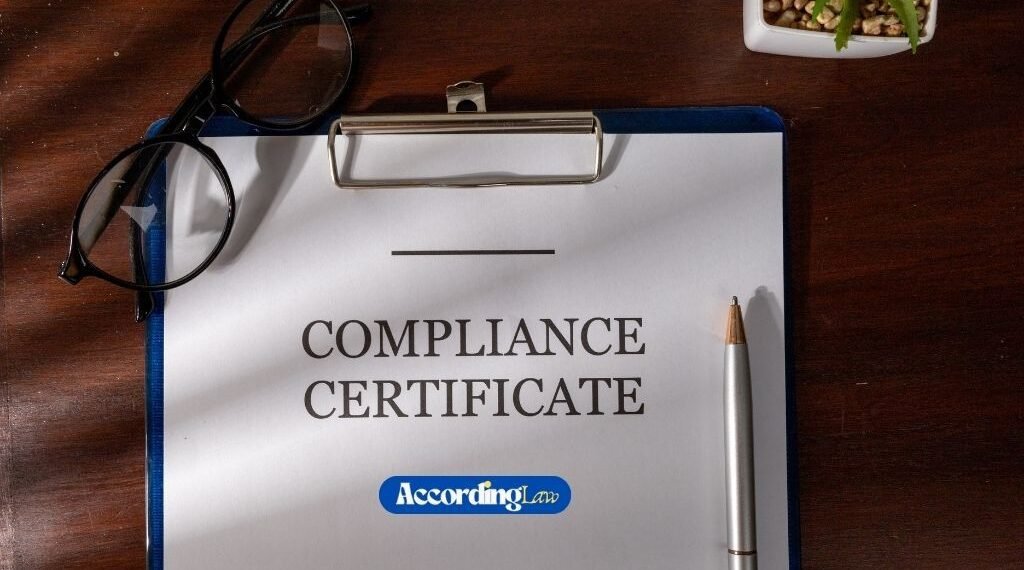In today’s fast-paced manufacturing and logistics industries, shrink wrap machines play a vital role in product protection, presentation, and efficiency. But beyond productivity, these machines are also governed by a strict framework of workplace safety laws, electrical standards, and equipment regulations.
For packaging facilities, ensuring compliance isn’t optional; it’s a legal requirement that protects workers, customers, and the company itself.
OSHA Regulations and Worker Safety
The Occupational Safety and Health Administration (OSHA) enforces laws designed to minimize workplace hazards, including those associated with shrink wrapping and heat sealing.
Under OSHA 29 CFR 1910 Subpart O (Machinery and Machine Guarding), employers are legally obligated to:
Non-compliance can result in serious injury and costly fines that often exceed $15,000 per violation. Regular inspections and documented safety training are essential to meet legal obligations under OSHA law.
Electrical and Heat Safety Standards
Shrink wrap systems involve heating elements, conveyors, and electrical controls, all of which must comply with the National Electrical Code (NEC) and UL (Underwriters Laboratories) safety standards.
Key legal points include:
Failure to comply with these codes can lead to insurance claim denials, fire code violations, or even civil liability if an incident occurs.
Product Liability and Legal Risk
From a legal standpoint, if a shrink wrap machine causes injury or product damage, several parties may be held liable depending on the root cause:
Under product liability law, a company that uses or sells packaged goods with unsafe machinery can be found negligent, even if the machine itself was compliant at purchase.
Routine safety inspections, equipment recertification, and documentation are critical legal safeguards.
Environmental and Labeling Regulations
Shrink wrapping also intersects with environmental and trade laws that govern packaging materials and waste management. Under the EPA’s Resource Conservation and Recovery Act (RCRA) and state recycling laws, companies must properly dispose of or recycle plastic films used in shrink wrapping.
In addition, the Fair Packaging and Labeling Act (FPLA) requirements apply to consumer goods. Any product wrapped and sealed must include legally compliant labeling information, including contents, quantity, and origin, before distribution.
Ignoring these laws can trigger regulatory audits, fines, and product recalls, particularly for food and pharmaceutical packaging.
CE and Machinery Directive Compliance (For Export)
If your packaging line exports goods internationally, compliance extends beyond U.S. law. The European Machinery Directive 2006/42/EC and the Low Voltage Directive 2014/35/EU require that shrink wrap machines sold or operated in the EU include:
Failing to meet these legal standards can bar your products from entering international markets, or lead to seizure at customs.
Why Legal Compliance Protects Your Business
Legal compliance isn’t just about avoiding penalties; it’s about protecting people and profits. Properly certified equipment:
Companies that operate Best Pack shrink wrap machines benefit from equipment engineered to meet or exceed OSHA, NEC, and UL safety standards. Best Pack’s machines are designed with compliance in mind, helping businesses stay productive while aligning with federal and international regulations.
Final Thoughts
In the world of industrial packaging, safety and compliance are non-negotiable. Shrink wrap machines may appear straightforward, but their operation involves multiple areas of law — from workplace safety to electrical standards and environmental regulations.
By investing in compliant, professionally engineered systems like those from Best Pack, businesses not only streamline production but also ensure full alignment with federal, state, and international legal requirements, protecting both their employees and their bottom line.


